Top 9 accounting project management software
Managing accounting projects isn’t as simple as juggling numbers on a spreadsheet anymore. Today’s accounting teams handle complex projects, tight deadlines, multiple clients, and compliance requirements. Without the right tools, it’s easy for projects to spiral out of control, leading to missed deadlines, budget overruns, and unhappy clients.
That’s where accounting project management software comes in. These tools bring financial management and project planning together, so your team can work smarter instead of harder. With integrated features like time tracking, billing, accounting workflow automation, and reporting, accounting project management software helps you align financial and project goals, maintain compliance, and improve visibility into every aspect of your work.
The demand for these tools is only growing. As firms take on more projects and utilize remote collaboration, integrated finance and project solutions are no longer optional. They’re essential.
Why accounting project management software matters
Accounting projects often involve multiple moving parts, such as tax filings, client reporting, audits, and financial forecasting. Managing all these elements manually or across multiple tools creates bottlenecks and increases the risk of errors.
The core benefits of implementing the right project management for accounting software include
- Centralized project tracking: Keep all your teams’ tasks, deadlines, and financial data in one place.
- Streamlined workflows: Automate repetitive processes to save time that can be devoted to deeper work.
- Improved collaboration: Enable real-time communication and file sharing with clients and team members to improve productivity.
Project-based firms and teams can also expect to benefit from a number of additional advantages, as well. Each of these benefits can help give your firm an extra boost of competitiveness, even in a volatile market.
- Time savings: Automating billing, invoicing, and reporting means fewer manual tasks and faster turnaround.
- Budget control: Real-time insights into expenses and resource allocation help you stay within budget.
- Enhanced visibility: Dashboards and analytics provide a clear picture of project progress and profitability.
Accounting teams face constant challenges like meeting tax deadlines, ensuring accurate client billing, and maintaining compliance with evolving regulations. Project management software for accountants as well as project management software for bookkeepers can automate invoice generation and payment reminders, accurately track billable hours for every client, and much more.
How to choose an accounting project management solution
Not all project management tools are created equal. That’s true of anything, but especially for accounting. Here’s what you should look for in your ideal solution
- Time tracking: Monitor billable hours and productivity.
- Billing: Automate invoicing and payment collection.
- Workflow automation: Reduce manual, repetitive tasks.
- Compliance: Ensure regulatory requirements are met.
- Pricing: Choose a plan that fits your budget.
- Integrations: Connect to other tools in your stack – e.g., Slack, CRM, or your bookkeeping software.
- Scalability: Grow with your business as needs evolve.
- Ease of use: A user-friendly interface your team will actually use.
Key features to consider
When searching for the best project management software, the right features make all the difference.
One of the most critical is workflow automation, which helps streamline processes and reduce the risk of errors. Instead of manually sending reminders, updating tasks, or tracking approvals, automation handles these repetitive steps for you. This not only saves time but also ensures that important tasks never slip through the cracks. That’s an essential advantage when deadlines and compliance requirements are on the line.
Another must-have is time tracking and billing. For firms that bill clients by the hour or manage multiple projects simultaneously, accurate time tracking is non-negotiable. Built-in time trackers make it easy to log hours and can be tied directly to specific projects or clients. When combined with automated billing, these tools simplify invoicing, reduce disputes, and accelerate cash flow — all while ensuring accuracy and transparency.
A robust client portal and communication system is equally important. Accounting projects require secure document sharing, timely updates, and easy collaboration with clients. A dedicated portal provides a centralized, secure space for exchanging sensitive files, asking questions, and monitoring project status. This not only improves client satisfaction but also reduces the back-and-forth emails that can bog down workflows.
Features like integrations, reporting, and customization ensure that the software works for your business both now and in the future. Integrations allow you to connect the tool with your existing accounting software (like QuickBooks or Xero) as well as CRMs and other business systems for a seamless flow of information.
Advanced reporting and analytics deliver actionable insights into profitability, resource utilization, and deadlines, giving you a clear picture of project performance. Customization options let you tailor dashboards, workflows, and notifications to fit your firm’s unique processes. Finally, scalability allows you to feel confident that as your team and client base grow, your software will grow right along with you.
9 best accounting project management software for 2025
The market is full of project management tools, but not all of them are designed with accounting needs in mind. We’ve narrowed it down to nine solutions that combine powerful features with flexibility to fit different team sizes and budgets.
1. Asana
Asana offers a versatile set of features that make managing projects and tasks simple yet powerful. One of its core strengths is its ability to provide multiple views, including list, board, timeline, and calendar, allowing teams to choose the format that best suits their workflow. This flexibility helps accountants and project managers visualize deadlines, dependencies, and priorities without getting lost in the details.
Asana also shines when it comes to automation. Users can create custom rules to reduce repetitive tasks such as auto-assigning new tasks to specific team members or triggering due date reminders. The platform integrates seamlessly with popular tools such as QuickBooks, Slack, and Google Workspace. Additionally, its advanced reporting and dashboards give teams a clear view of progress and performance, so nothing slips through the cracks.
Best for: Teams looking for a flexible, visually organized platform
Developer: Asana, Inc.
Pros: Intuitive interface with customizable project views; powerful automation features for recurring workflows; scales well for teams of all sizes
Cons: Lacks built-in accounting features; relies on integrations; can feel overwhelming for beginners
Plans/pricing:
- Personal: Free plan that offers task lists, unlimited projects, and basic integrations
- Starter: Get additional features such as timeline, automation, and reporting ($10.99 per user per month)
- Advanced: For $24.99 per user per month, users also get access to advanced reporting, goals, and workload management tools
- Enterprise: Available for individualized quotes
G2 rating: 4.4
2. Jotform
Jotform’s task management solution, Jotform Boards, lets users build custom workspaces from scratch or automatically turn form submissions into actionable tasks, making it ideal for accounting teams that receive frequent client requests. The platform features a Kanban-style board with drag-and-drop functionality, letting users organize tasks visually, search and filter tasks quickly, while maintaining full control over priorities and deadlines.
Collaboration is seamless, with shared boards, comment threads, task assignments, and an activity log that tracks updates, keeping team members accountable. Customizable task fields (such as tags, due dates, priority levels, and descriptions) help teams track every detail. Boards can be tailored to mirror unique business workflows by editing board groups to reflect specific workflow steps. Users can also adjust task layouts by adding or removing fields and choosing which fields to display in card view to fit their needs. Mobile responsiveness ensures that team members can access tasks anywhere, while integrations with other tools keep information centralized and up to date. Users can also personalize background themes to align with company branding or personal preferences.
Best for: Accounting teams that want to turn form submissions into actionable tasks.
Developer: Jotform, Inc.
Pros: Seamless integration between form submissions and task management; highly customizable workflows and board designs; easy-to-use interface with robust collaboration tools
Cons: No built-in time tracking (requires integrations); limited advanced analytics compared to competitors
Plans/pricing:
- Get free access to basic boards and features with any Jotform plan (including the free level)
- Bronze: Offers more submissions, storage, and customization for $34 per month
- Silver: At $39 month, this plan adds expanded features and integrations
- Gold: For high-volume submissions and advanced options, at $99 per month
G2 rating: 4.7
3. Trello
Trello is centered around simplicity and visual organization, using boards, lists, and cards to manage tasks. Users can easily move cards between lists to reflect workflow stages, attach files, add due dates, and assign tasks to team members. Power-Ups extend Trello’s capabilities, allowing integration with accounting software, communication platforms, and automation tools.
Custom templates help accounting teams replicate standard workflows for recurring projects, while checklists and labels keep tasks organized and actionable. Trello’s intuitive interface makes it easy for new users to get started quickly without sacrificing the ability to handle complex projects.
Best for: Small teams that prefer simple, visual task boards
Developer: Atlassian
Pros: Simple and easy to use for beginners; affordable pricing tiers; strong library of integrations
Cons: Limited native reporting and analytics; advanced features require paid plans and Power-Ups
Plans/pricing:
- Free: Basic boards and cards
- Standard: Custom fields and advanced checklists, for $5 per use per month
- Premium: $10 per user per month adds timelines and dashboards
- Enterprise: Custom pricing for advanced security and controls
G2 Rating: 4.4
4. ClickUp
ClickUp provides an all-in-one platform that combines task management, time tracking, goal setting, and reporting. Teams can switch between multiple views — list, board, Gantt, and calendar — to visualize work in the format that suits them best. Built-in time tracking lets users log hours directly on tasks, while task dependencies ensure that nothing moves forward before prerequisite steps are completed.
Advanced automation rules simplify recurring processes, and customizable dashboards provide real-time insights into project progress, team productivity, and profitability. ClickUp also integrates with over 1,000 apps, including accounting and communication tools, which makes data flow seamless across platforms.
Best for: Teams that want an all-in-one productivity and project management platform
Developer: Mango Technologies, Inc.
Pros: Highly customizable workflows and templates; built-in time tracking — no need for third-party tools; competitive pricing with robust feature set even on lower tiers
Cons: Can feel overwhelming for small teams due to feature overload, learning curve for customization and advanced settings
Plans/pricing:
- Free Forever: Basic features for personal use and small teams
- Unlimited: Unlimited dashboards and integrations ($7 per user per month)
- Business: Advanced reporting and time tracking ($12 per user per month)
- Enterprise: Dedicated support and security, available for custom pricing
G2 rating: 4.7
5. Monday
Monday combines vibrant visuals with robust functionality, making project management not just effective but engaging. Its customizable boards and automation features are especially popular with teams that value flexibility and efficiency. It’s known for visually engaging boards and highly customizable workflows. Users can build boards tailored to their accounting projects, adding columns for status, deadlines, priorities, and team assignments.
Automation features streamline repetitive processes such as reminders, approvals, and task assignments, saving time and reducing errors. Time tracking, workload management, and resource planning help ensure that deadlines are met and budgets are respected. Monday.com also integrates with popular accounting software and business tools, while advanced dashboards provide insight into project performance, financial metrics, and overall team productivity.
Best for: Accounting firms that need a visually dynamic, customizable platform for managing projects and client workflows
Developer: Monday.com Ltd.
Pros: Extremely visual and intuitive interface, highly customizable columns and workflows, strong collaboration features, including client communication
Cons: Pricing can add up for larger teams, advanced reporting requires higher-tier plans
Plans/pricing:
- Individual: Free plan offers basic boards for up to 2 seats
- Basic: Enjoy unlimited items and 5GB storage ($9 per seat per month)
- Standard: Access to additional features including timeline, calendar, and automations ($12 per seat per month)
- Pro: Advanced integrations and time tracking ($19 per seat per month)
- Enterprise: Custom pricing for enterprise-grade features
G2 rating: 4.7
6. Financial Cents
Financial Cents was built specifically for accounting professionals, which means it understands the unique challenges firms face. From compliance-driven workflows to client collaboration, it provides purpose-built tools you won’t find in general project management platforms.
Financial Cents focuses on accounting-specific workflows, offering templates for tax, bookkeeping, and audit projects. Its time tracking and capacity management features allow teams to allocate resources efficiently and maintain accurate records for client billing. A secure client portal facilitates document sharing, messaging, and collaboration, keeping all project communications in one place.
Real-time dashboards provide visibility into project status and team productivity, while workflow automation ensures recurring tasks are completed on schedule. By designing features around accounting practices, Financial Cents simplifies compliance and helps firms avoid missed deadlines or overlooked client requests.
Best for: Accounting firms and CPAs that want workflow automation specifically designed for accounting processes
Developer: Financial Cents, Inc.
Pros: Designed specifically for accountants and bookkeepers, simplifies complex compliance workflows, excellent client collaboration features
Cons: Limited beyond accounting-focused use cases, reporting features aren’t as advanced as some competitors
Plans/pricing:
- Solo: Essential features for solo firms ($19 per month)
- Team: Access to core features with unlimited clients ($49 per user per month)
- Scale: Adds integrations, automatic follow-ups and more ($69 per month)
- Enterprise: Custom pricing for a white-label client portal and premium support
G2 rating: 4.8
7. Karbon
Karbon is designed for growing accounting firms that need more than basic task management. Its integrated email, workflow templates, and client timelines make it ideal for handling large-scale projects and maintaining clear communication. Karbon combines email, task, and workflow management into a single platform, making it ideal for mid-to-large accounting firms.
Users can integrate email directly into workflows, ensuring that communication and tasks are always linked. Pre-built templates streamline recurring projects, while task assignment, dependencies, and notifications keep deadlines visible and actionable.
Karbon’s time and budget tracking allow managers to monitor profitability, while shared timelines and client management tools ensure transparency with both teams and clients. Automation reduces repetitive work, allowing staff to focus on higher-value activities, and Karbon’s scalability supports growth without sacrificing workflow efficiency.
Best for: Medium-to-large accounting firms looking for a robust practice management platform
Developer: Karbon Inc.
Pros: Deep focus on accounting firm workflows, excellent email integration and client timeline features, strong scalability for growing teams
Cons: Higher cost compared to general-purpose tools, some users report a learning curve with setup and customization
Plans/pricing:
- Team: Starts at $59 per user per month and offers essential features
- Business: Automatic client reminders, task automation and more for $89 per month
- Enterprise: Custom pricing for advanced automation and reporting
G2 Rating: 4.8
8. Jetpack Workflow
Jetpack Workflow is perfect for smaller firms that want a straightforward solution for managing routine and repetitive tasks without unnecessary complexity. Its pre-built templates and easy setup help teams hit the ground running. There’s no steep learning curve required. The platform offers pre-built templates for bookkeeping, tax, and client workflows, saving time on setup. Users can track task progress, assign responsibilities, and visualize deadlines on a centralized dashboard.
For extra time savings, automation handles recurring project steps to ensure consistent results without manual effort. Reporting features provide insight into team performance and project status, while client management tools help organize deliverables and communications in one place. Jetpack Workflow’s ease of use makes it accessible for teams with minimal training.
Best for: Small-to-mid-sized accounting firms that want a simple tool for recurring tasks and client management
Developer: Jetpack Workflow LLC
Pros: Affordable and easy to use for small teams; designed with accountants in mind; templates save time; quick setup with minimal training required
Cons: Lacks advanced customization options; no built-in time tracking (requires integrations)
Plans/pricing:
- Starter: $30 per user per month paid annually for basic workflow management with unlimited projects and clients, or $45 per user per month billed monthly
G2 rating: 4.2
9. Basecamp
Basecamp is the ultimate in simplicity for teams that prioritize communication and collaboration. While it doesn’t focus on accounting-specific features, its clean interface and flat pricing structure make it appealing for small teams on a budget.
Basecamp emphasizes streamlined tools and collaboration, providing features like to-do lists, message boards, file storage, and real-time chat. Teams can track progress visually with Hill Charts, and automated check-ins help monitor updates without unnecessary meetings. File sharing, document collaboration, and discussion threads keep teams organized and aligned, while a single platform reduces the need for multiple tools.
Though it lacks accounting-specific features like time tracking or billing, Basecamp’s straightforward interface and flat pricing make it appealing for small teams seeking a centralized workspace.
Best for: Small teams that prioritize simplicity and strong collaboration tools
Developer: Basecamp, LLC
Pros: Simple, intuitive interface with a minimal learning curve; flat pricing for unlimited users; great for team communication and document sharing
Cons: Lacks accounting-specific features like time tracking or billing; limited advanced reporting and analytics
Plans/pricing:
- Basecamp Free: Offers access for a single project at a time
- Basecamp Plus: All core features with advanced features available for upgrades ($15 per user per month)
- Basecamp Pro Unlimited: Comes with access for unlimited users, priority support ($299 per month billed annually)
G2 rating: 4.1
Streamline growth with project management software
Accounting firms today need tools that bring clarity and keep teams and clients aligned. The nine solutions we’ve reviewed represent the best options for 2025, each tailored to different workflows, budgets, and business sizes.
Most importantly, you should look for a platform that manages projects while simultaneously supporting your firm’s financial goals. Features like time tracking, billing, and robust reporting ensure you’re meeting deadlines while staying profitable. Also, remember that the right solution should fit seamlessly into your existing systems and grow as your practice evolves.
If you’re ready to improve collaboration, streamline processes, and eliminate missed deadlines, now is the time to explore these tools. Take advantage of free trials, read reviews, and explore community forums before making a decision. Seeing the software in action is the best way to know if it fits your team.
And while you’re at it, consider giving Jotform Boards a try. It’s a flexible, intuitive solution that combines visual project management with automation, collaboration, and full customization. Jotform Boards gives you everything you need to stay organized and efficient.
This article is for accounting professionals, finance teams, and firm managers who want to streamline project workflows, automate billing and reporting, and improve collaboration while managing complex accounting projects efficiently.


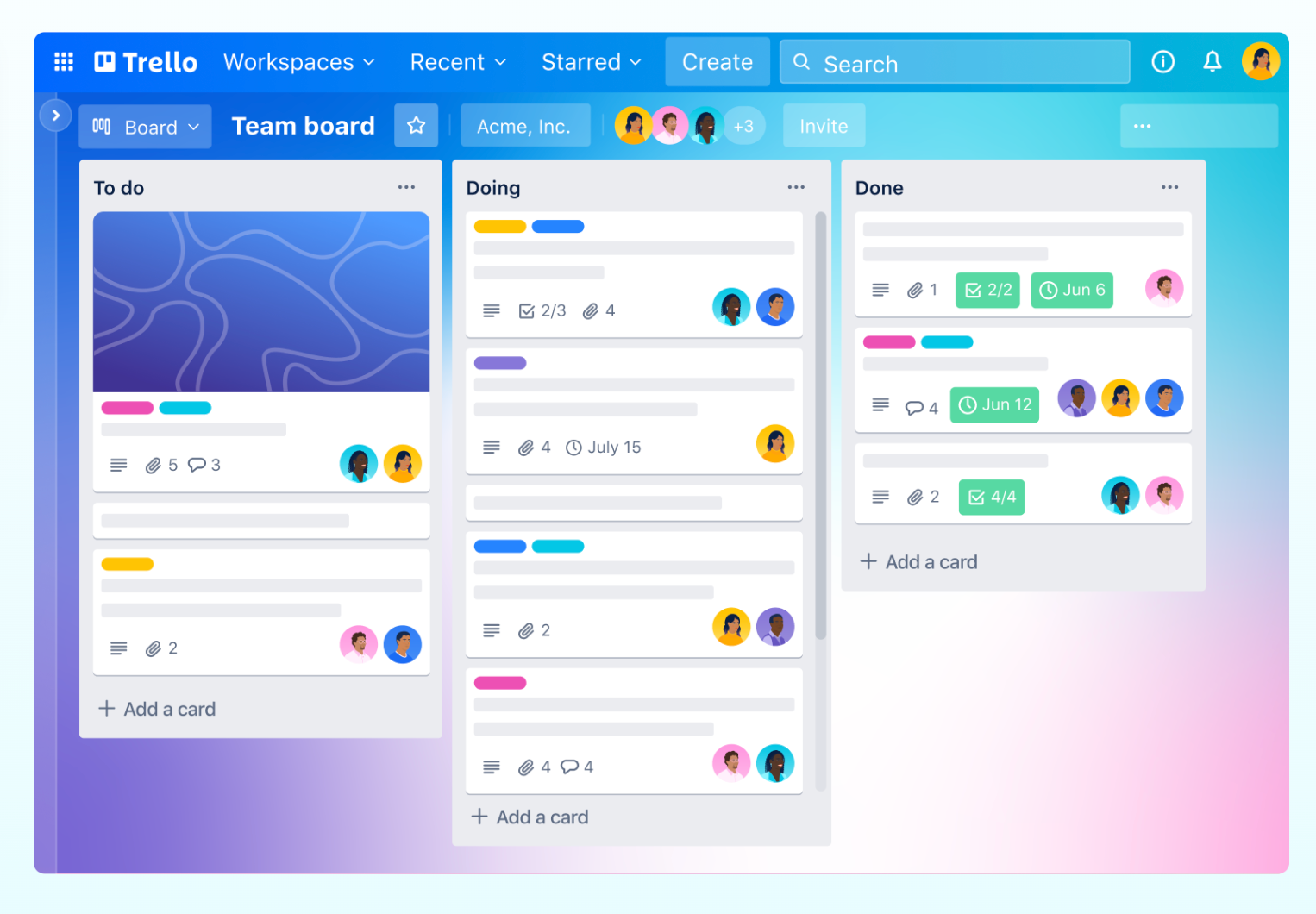
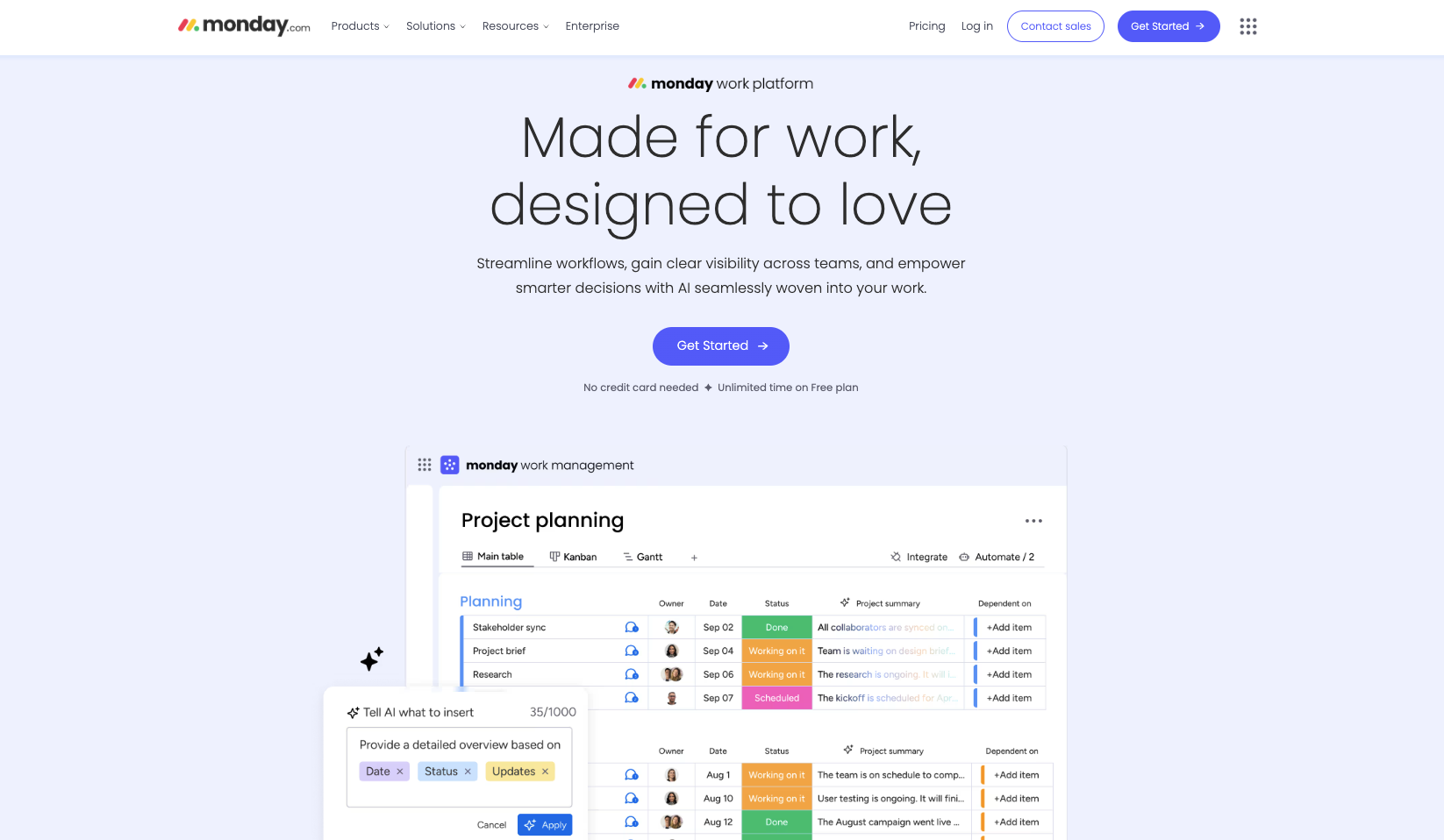
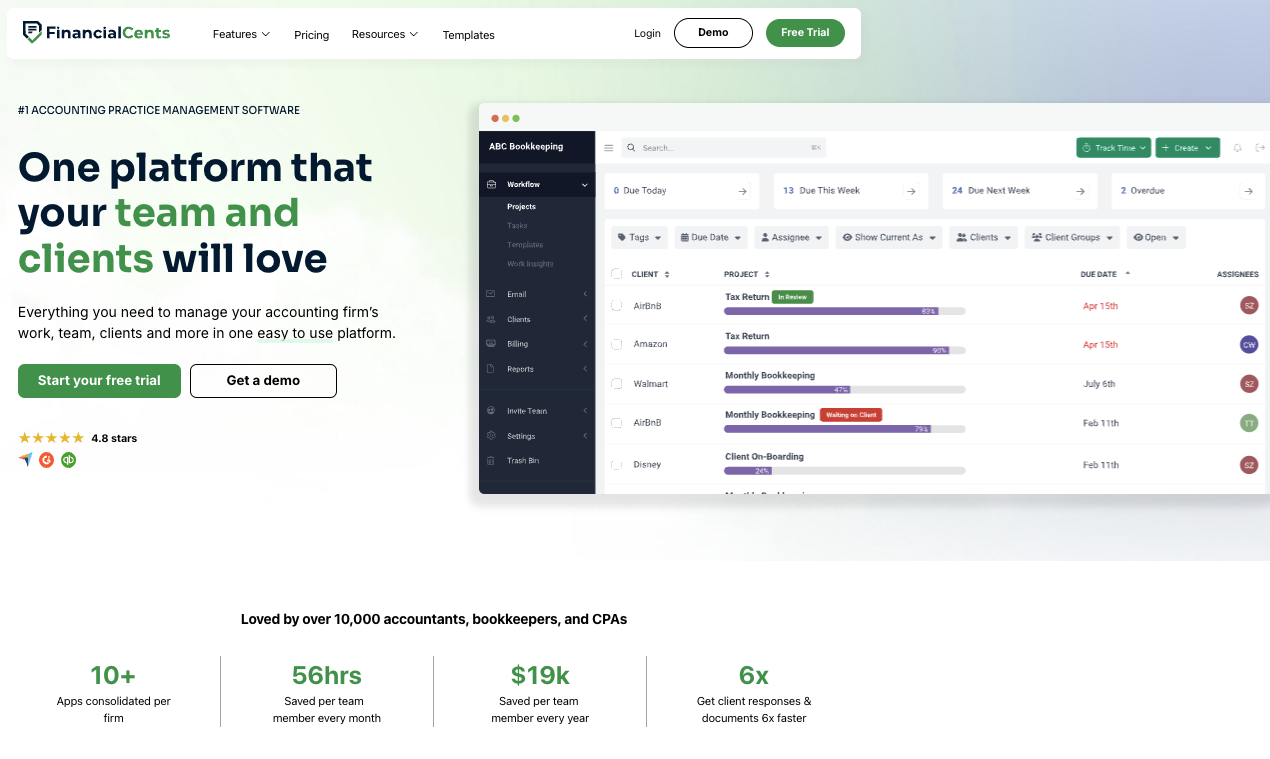
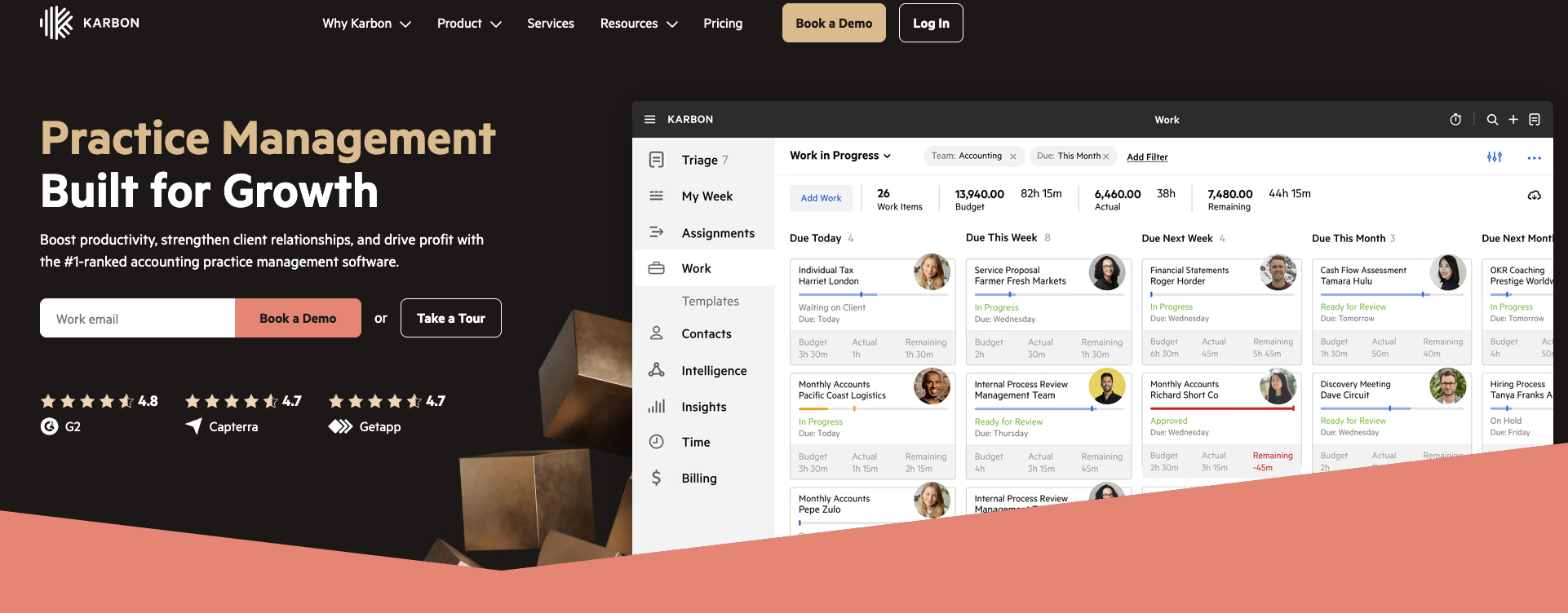









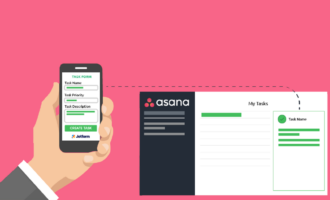












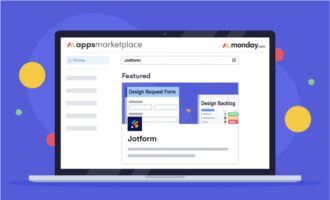

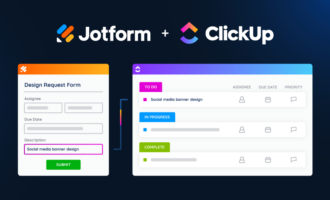



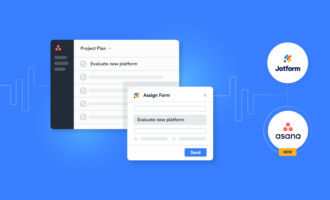





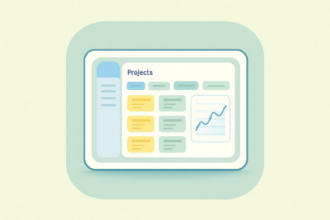
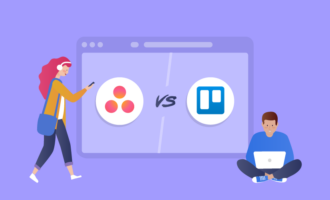
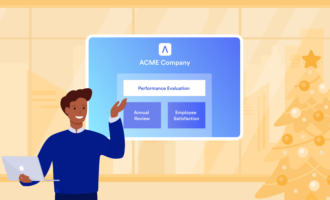

Send Comment: